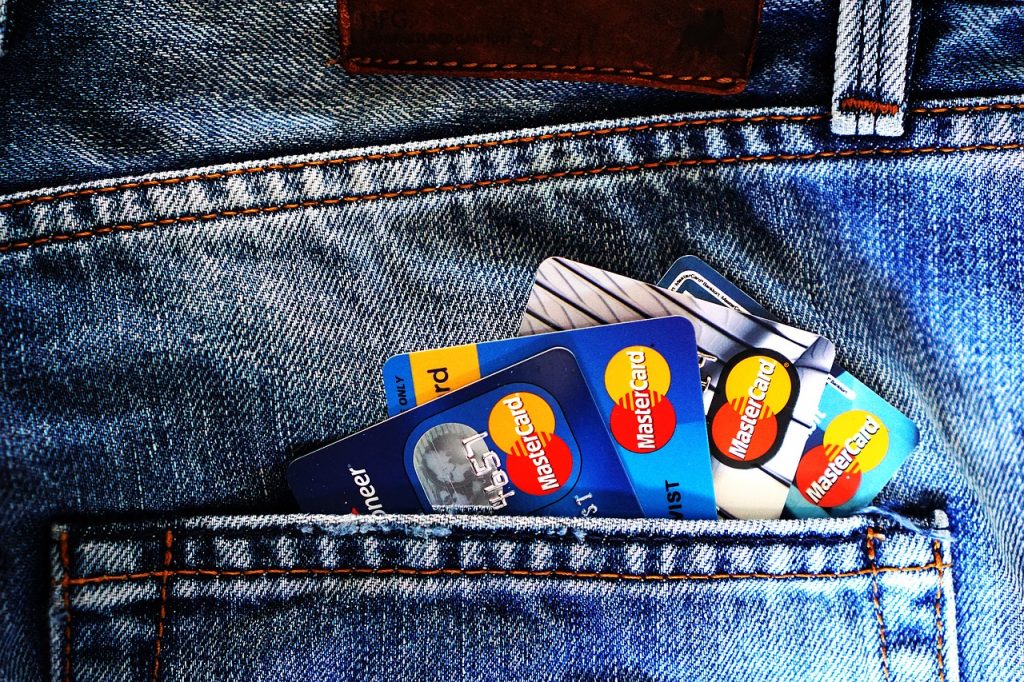All opinions are mine and mine alone.
3 Signs It’s Time To Use Your Credit Card Less
Love them or hate them, the nation relies heavily on credit cards. 169 million Americans have at least one credit card, according to NBC News. Meanwhile, the American Banking Association states that there are 364 million open credit card accounts in the country. However, with the Federal Reserve reporting that the average household has $137,063 worth of debt, now may be the time to cut back on your credit card use and utilize money management tools to get your finances back on track. But, what are the telltale signs that it’s time to take a break from your credit card?
You use them to pay for everyday purchases
In the past 13 years, the cost of living has risen by 30% and is currently rising at its fastest rate in 10 years. As a result, an increasing number of individuals are turning to credit cards to cover the cost of everyday items, such as food, clothing, and fuel. Credit cards are a great way to ensure that all your family’s needs and expenses are covered. However, by continuing to pay for your goods in this way, you may be becoming unwittingly reliant on them. Therefore, rather than depending on your credit card, consider ways to save cash by changing your shopping habits. By shopping for food at the end of the day when produce is heavily reduced, repairing and reusing worn clothing rather than replacing it and walking to work instead of using your car, you can cut back your expenses and thus use your credit card less often.
Increasing debts
The average American has $16,883 of debt on their credit cards, according to the U.S Census. Other household debts stem from mortgages, student loans, and auto loans. If you have multiple credit cards, it’s best to consolidate your debts into one loan as this will reduce your monthly payments to just one. Consolidation also helps to lower student loans interest rate. It will also make it considerably easier to meet your repayment schedule. Crediful suggests that debt consolidation is considered as it “gets your debts organized while potentially lowering your monthly payments.” While you focus on paying back what you owe, it’s wise to cut down on your credit card spending and only utilize your card on necessary expenses, such as to replace essential home items like your fridge-freezer.
Your credit score is low
According to Value Penguin, the average American’s credit score is between 673 and 695. The Motley Fool states that a ‘good’ credit score falls in the range of 670-739. Should your score be less than this then it’s wise to use your credit cards less often and focus on repaying some of your outstanding debt. A poor credit score can impact you financially and mean that mortgage lenders refuse your application due to you being seen as too high of a risk. By using your credit cards less frequently, paying back what you owe and rebuilding your finances, your credit score will creep up. This will put you in a much healthier financial position and mean that when you next apply for credit, you’re more likely to be accepted.
Credit cards can be beneficial when you need to cover the cost of a large, unexpected expense. However, if you’re relying on yours daily, your debts are mounting or your credit score is low, it’s time to cut back on how often you use your cards and seek ways to better manage your cash.




Speak Your Mind